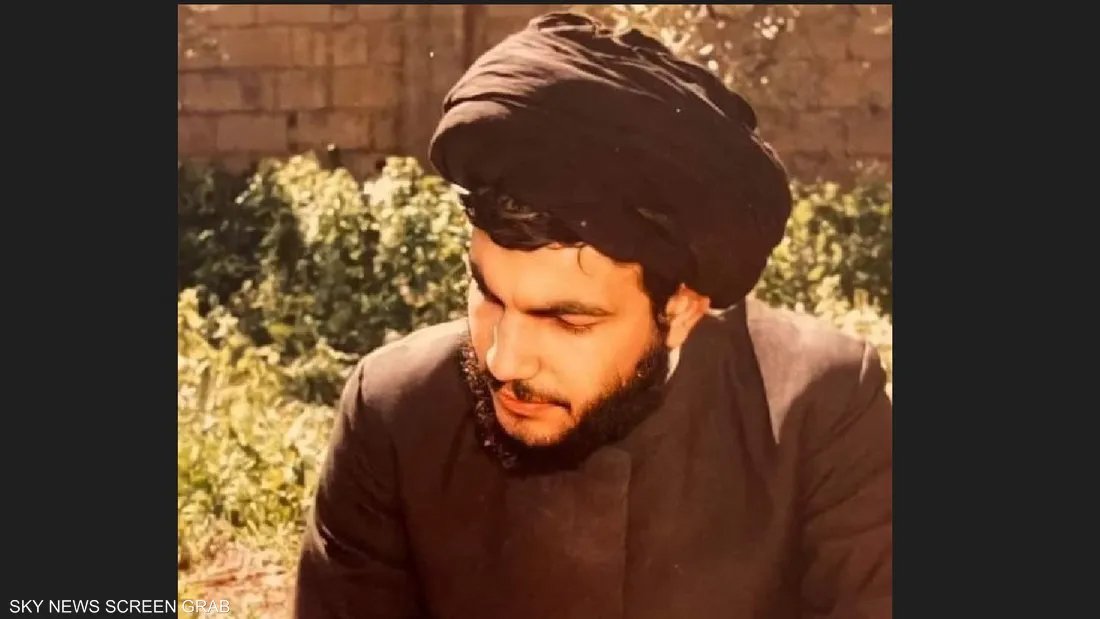Hassan Nasrallah’s journey officially ended on Saturday, September 28, 2024, when the Israeli army announced the successful assassination of Hezbollah’s Secretary-General in an airstrike on Friday night.
The controversial Lebanese leader made his “final statement” days before, after an Israeli attack on Hezbollah’s communication devices caused massive damage, leaving thousands injured and dozens dead.
In his last address on September 19, following the attack on “pager” communication systems, Nasrallah vowed retaliation against Israel, saying, “This is an account that will be settled. Its nature, size, and when and where it will happen are for us to decide.”
Unbeknownst to Nasrallah, this was his final threat before his death.
The Early Days of Nasrallah’s Leadership
Nasrallah became Hezbollah’s Secretary-General in 1992 at the age of 35. He quickly became the face of an organization once seen as a shadowy entity, founded by Iran’s Revolutionary Guard in 1982 to fight Israel.
Israel had killed his predecessor, Abbas al-Musawi, in a helicopter attack. Under Nasrallah’s leadership, Hezbollah eventually forced Israeli forces to withdraw from southern Lebanon in 2000.
“Divine Victory” and Nasrallah’s Rise
Nasrallah’s leadership was defined by conflict with Israel. His popularity surged temporarily in 2006 when Hezbollah fought a 34-day war with Israel, which he declared a “divine victory.” At that time, he became a hero in the Arab world.
However, Nasrallah’s reputation soon became divisive in both Lebanon and the wider Arab region. Hezbollah expanded its operations into Syria and beyond, clearly acting as a proxy for Iran’s ambitions in the Middle East.
Although Nasrallah framed Hezbollah’s involvement in Syria as a fight against jihadists, critics accused him of fueling sectarian conflict across the region.
The Price of Regional Expansion
Domestically, many Lebanese blamed Nasrallah’s regional adventures for Lebanon’s hardships, arguing that Hezbollah’s actions caused the country’s isolation, contributing to the financial collapse in 2019.
In the years after the 2006 war, Nasrallah maintained a delicate balance, avoiding direct conflict with Israel while stockpiling Iranian rockets to establish a “balance of terror.” This strategy involved a back-and-forth of threats between Hezbollah and Israel.
The recent war in Gaza, triggered by Hamas’s unprecedented attack on southern Israel on October 7, escalated Hezbollah’s worst conflict with Israel since 2006, leading to significant losses for the group, including top leaders.
Nasrallah’s Shift Back to Israel
After years of focusing on other regional conflicts, Hezbollah turned its attention back to Israel. In an August 1 address, Nasrallah said, “We are paying the price for supporting Gaza, the Palestinian people, and protecting holy sites.”
Humble Beginnings
Nasrallah grew up in Beirut’s impoverished Karantina neighborhood, though his family hails from Bazourieh, a village in Hezbollah’s stronghold in southern Lebanon. He was part of a generation of Lebanese youth whose political outlook was shaped by Iran’s 1979 revolution.
Nasrallah’s son, Hadi, was killed in combat in 1997, a loss that earned him a revered status among Lebanon’s Shiite community.
A Legacy of Threats
Throughout his leadership, Nasrallah was known for issuing bold threats to powerful enemies. As tensions escalated following the Gaza war, Nasrallah indirectly warned U.S. warships in the Mediterranean, saying, “Your fleets that threaten us—know that we have prepared for them as well.”
In 2020, Nasrallah promised that American soldiers would leave the region in coffins after the U.S. assassination of Iranian military commander Qassem Soleimani in Iraq.
Under Nasrallah, Hezbollah also clashed with rivals inside Lebanon. In 2008, he accused the Lebanese government of declaring war by attempting to ban Hezbollah’s internal communications network. Nasrallah vowed to “cut off the hand” of anyone trying to dismantle it.
This led to four days of clashes between Hezbollah and Sunni and Druze fighters, during which the Shiite group took control of half of Beirut.
Until his death, Nasrallah consistently denied any involvement by Hezbollah in the 2005 assassination of former Lebanese Prime Minister Rafik Hariri, even as a UN-backed tribunal indicted four Hezbollah members.



